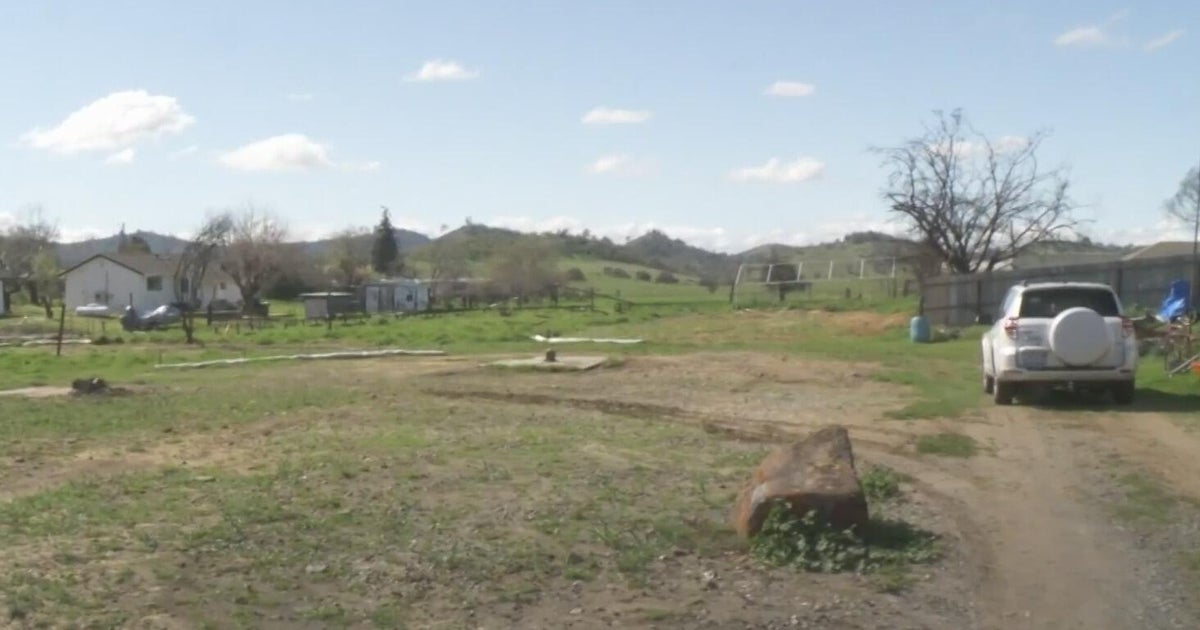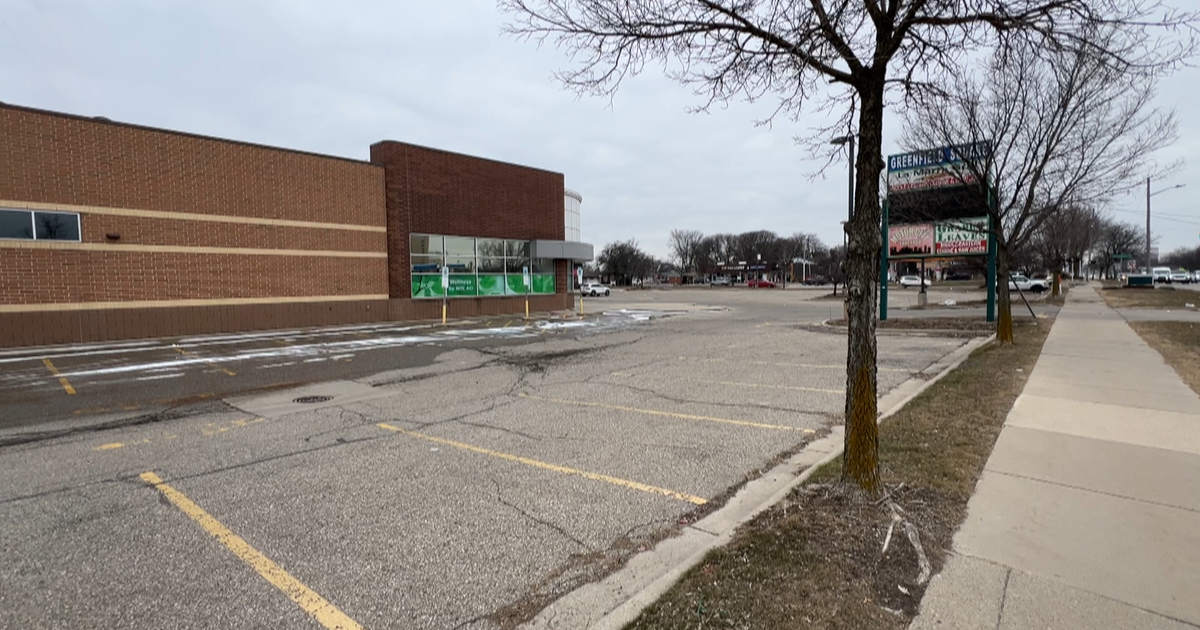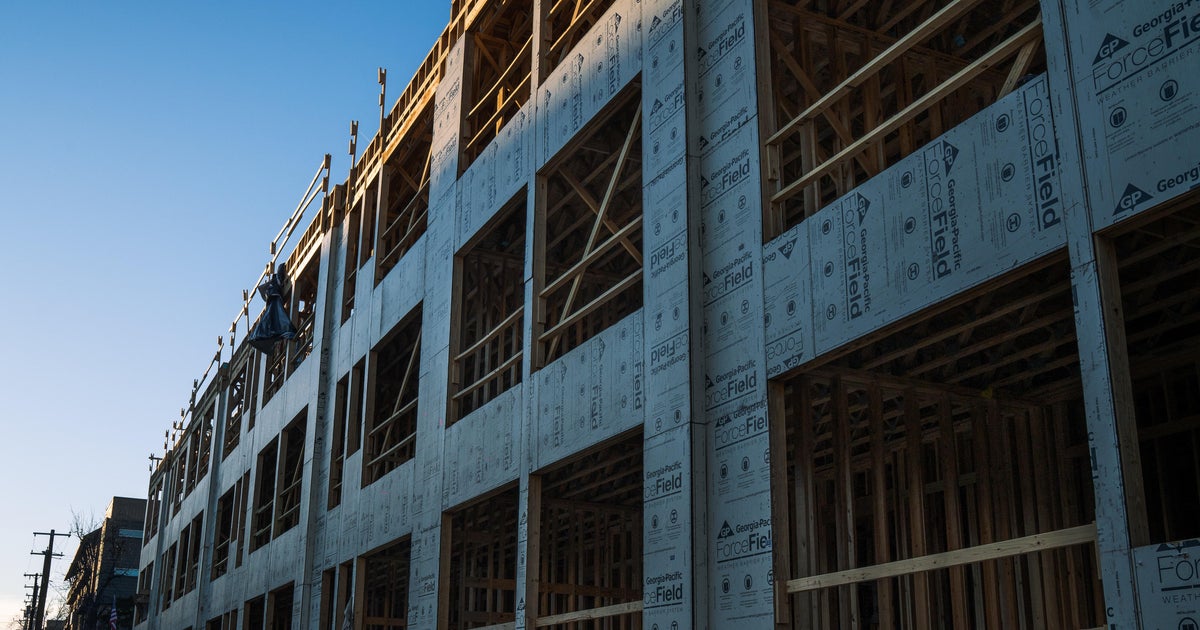Supreme Court ruling could pave way for more housing developments in California
Much of the California's effort to increase housing construction has focused on removing the obstacles thrown up by local governments. And now, the U.S. Supreme Court has ruled that cities and counties must be more judicious in the way they assess impact fees on development projects.
The ruling stemmed from a case titled "Sheetz v. El Dorado County" in which a man wanted to put a modular home on his property and was told he had to pay to replace the entire street. The Supreme Court said that wasn't proper, and now it may be a game-changer in the housing crisis.
Efren Carrillo understands how that man in El Dorado County felt. In Santa Rosa, Carrillo, CEO of nonprofit Gallaher Community Housing, was involved with the development of a 162-unit senior affordable apartment complex on the site of a former mobile home park destroyed in the 2017 Tubbs Fire. But the amount the city charged the builder to do that is simply astounding.
"It had an average of $40-60,000 — per unit — of impact fees," said Carrillo. "That is money that could be going into building additional housing and residential units for working-class people."
Impact fees are the assessments developers must pay for the added burden of their projects on the community, such as streets, utilities, parks, schools, etc. Officials are supposed to study what those impacts are, but they often just assign an arbitrary fee, per unit, to the projects.
And the money collected doesn't even have to be spent in that area.
"So, it helps pay for parks in other communities, street improvement in other communities," said Carrillo, "Which is fine, it's just a function of right-sizing what that impact is on the development you're proposing."
And that's the issue the Supreme Court said may be unconstitutional. The unanimous ruling said the fees charged must be connected to and "roughly proportionate" to the actual impact of the development.
Jen Klose, Executive Director of a Santa Rosa advocacy group called Generation Housing, said builders now have the power to challenge, in court, the validity of some generalized impact fees.
"I think that's what Sheetz is going to ultimately require, is that those examinations are a whole lot more specific and more careful," said Klose. "Otherwise, they're going to find themselves defending lawsuits."
Developers have been insisting for years that impact fees are having a stifling effect on new home construction and that was borne out at the senior complex. Two phases of the project are complete, but the money for the third phase simply isn't there. And the land next to it sits vacant.
"With high impact fees, or impact fees that don't make sense, developers leave the state. They're building in Nevada, they're building in Texas," said Carrillo. "We think that by right-sizing impact fees, by modifying them, builders can come back to California and build the units that we need."
It will certainly be a hit to the budgets of cities and counties, but it may be the trade-off required to build the housing they're asking for. Carrillo said he just wishes they would stop acting like building homes is somehow harming the community.
"You would think that building housing, and affordable housing, would not be seen as an actual 'impact' on the community," he said. "There's an irony in that we're trying to build workforce housing and affordable housing, and yet we're considered an impact."
Assembly Bill 602, passed in 2022, requires local governments to make the impact fees more proportional, but it gave them an eight-year cycle to adjust their fee schedules.
The Supreme Court ruling may hurry that process by exposing them to lawsuits from developers. The ruling didn't define what fees constitute an unconstitutional "taking" of private property. They're leaving that for the lower courts to hash out.
But Klose said cities and counties may save themselves a lot of legal costs if they simply reduce their fees voluntarily.







